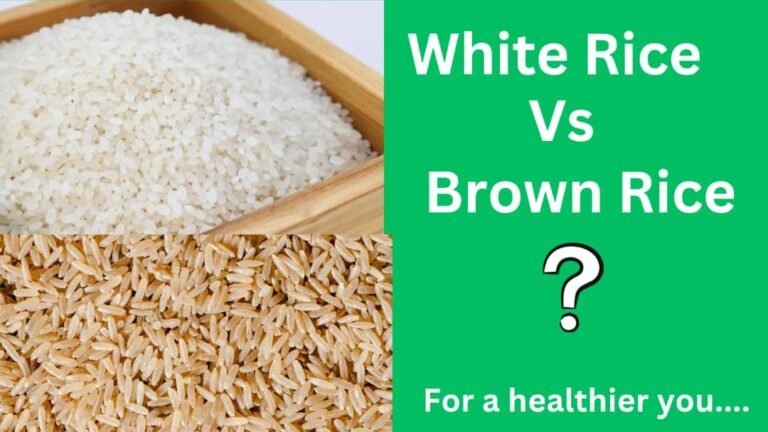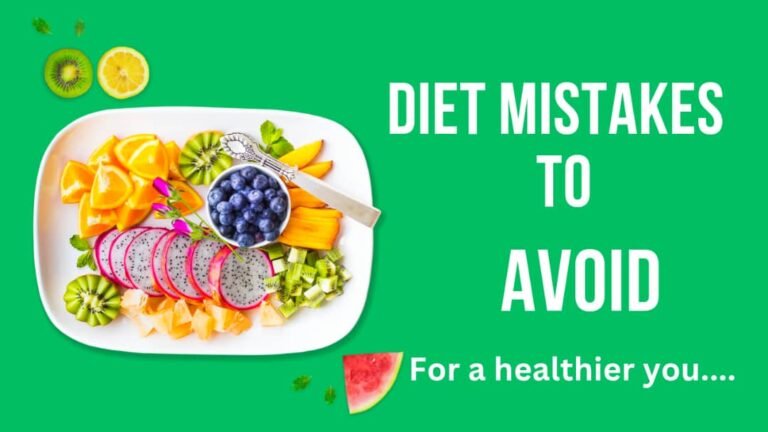To guarantee appropriate nutrition, the newborn babies must be given solely breastmilk during the first six months of life as recommended by the World Health Organization (WHO). After that, complementary foods must be offered to address the nutrient gap.
To promote appropriate nutrition, parents should later consider the dietary diversity score. Dietary Diversity is the number of food categories ingested throughout time as a parameter for determining nutrient sufficiency.
What Are The Baby’s Nutritional Needs?
According to WHO’s Minimum Dietary Diversity Score recommendations, your child’s diet should include 3 or more of the food categories listed below:
1. Breast milk
Breast milk is the best option for babies since it provides all of the essential nutrients necessary for their health and growth. They should be breastfed for at least 12 months. To ensure appropriate nutrition, supplement breastmilk or formula as indicated. Ask your pediatrician about the risks and benefits of any extra supplements.
2. Iron-fortified cereal
Baby is born with a natural supply of iron, but it will be depleted by the time they are 6 months old, therefore it is critical to include iron-rich foods in their diet plan. It does not have to be only rice cereal; oatmeal might also be a nice option. All you have to do is start with a single-grain recipe. It is best introduced into the diet between the ages of four and six months old.
3. Avocados
It is an excellent first food for babies since it has a high level of monounsaturated fat and has a moderate flavor and smooth consistency. The best age to begin is when babies are six months or older.
4. Yogurt
Plain whole milk yogurt is another protein-packed option for newborns. It also contains calcium and healthy living active microorganisms. Yogurt is best fed to babies aged nine months and up.
As your baby grows, pay close attention to these nutrition principles to provide them with the fuel for a strong foundation from which they can thrive physically, cognitively, and emotionally for many years. Please do not hesitate to contact us if you have any additional queries about your child’s nutrition or your parenting confidence.
What are the baby’s nutritional needs? Give them a balanced diet. Include protein, carbs, fat, and fiber. Feed them when they’re hungry. Do not force feed. Foods include moong dal khichdi, ragi, potatoes, sweet potatoes, carrots, bananas, cooked apples, and so on. Do not give them outside food. Avoid fried, salty, and sugary foods. Include plenty of fruits. Keep feeding them varied foods. Do not get discouraged if they do not accept. Give them a break and try different foods again. Give them whatever they want once a day. Do not replace food with liquids such as milk. These are some of the essentials that I follow with my infant. She is fussy, and some days are difficult. However, we work something out every day.
RELATED: What Nutrients Are Important For Older Adults?
Is It Safe to Give Packaged Milk to Infants?
Heat is applied to packaged milk to eliminate any bacteria or pathogens that may cause disease. Many processes, including pasteurization and safety inspections, are performed before the milk is packed and sold, ensuring that the packaged milk is suitable for infants. Find out when you can give your baby packaged milk!
When Can You Introduce Packet Milk to Your Baby?
Babies under six months of age should be exclusively breastfed since breast milk includes all of the essential nutrients that a baby requires for growth and development. Packet milk can be added to your baby’s diet once you begin weaning him off breastmilk. You can put a spoon or two in the meal that you cook for them at six months and above, then gradually increase the quantity after checking with your baby’s






